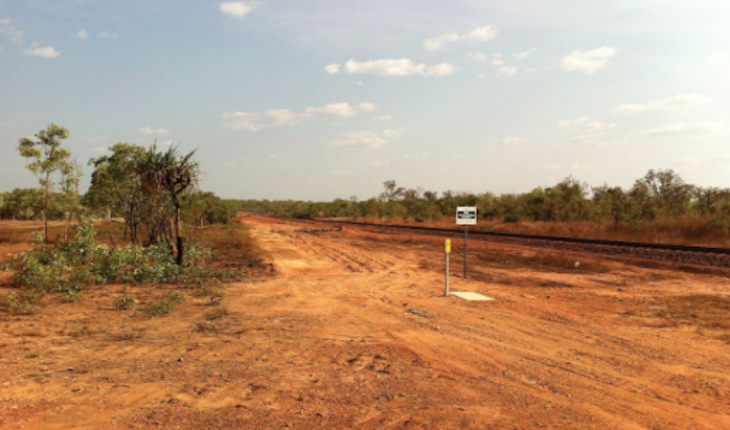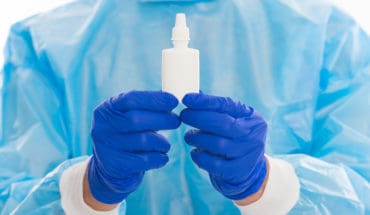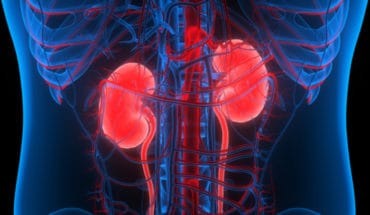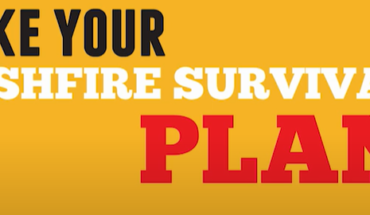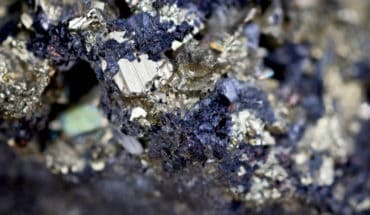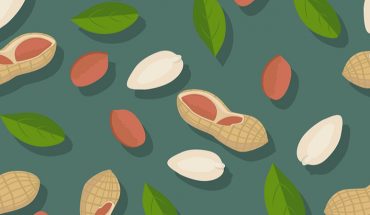Seven years ago I made a decision that would change my life. After growing up in the city, completing medical school in the city, and spending most of my student life in urban areas, I signed up for a rural medicine rotation during my internship. After a nineteen-hour drive, I was in the regional hospital surrounded by red dirt in the midst of a mining and resources boom. Years later, after working as a doctor across Australia and the globe, I am still here working in the Emergency Department treating heart attacks, kidney failure and minor injuries.
Providing healthcare for rural Australia is a challenging proposition with isolation, climatic extremes and difficulties maintaining and training staff being key barriers to effective service. Our regional health services do a fantastic job serving roughly 2.5 million people living outside major urban areas. Gaps between the city and country still exist contributing to poorer outcomes including lower life expectancies, worse rates of chronic disease and riskier personal behaviours.
I am often asked by friends and colleagues, ‘So what do you want to do when you specialise?’, as if I am ‘settling’ for something less rewarding and less important by completing my fellowship in rural and remote emergency medicine. Over time I’ve become less taken aback by this and confirmed within my mind the importance of campaigning and advocating for rural issues. If I am not passionate enough to help then who will? Simply because I could work elsewhere, people consider this discordant with maintaining currency as a medical practitioner 1,700km away from the nearest tertiary hospital. I believe there is a new generation of young people choosing to work in rural areas for the ability to make a real impact where it is needed.
So why do we need passionate people advocating for change? On a daily basis I’ve been witness to health inequality and the dramatic effect it has on the lives of people without access to healthy choices. I remember sealing an oxygen mask around the mouth of an eighteen-year-old obese man who had become obtunded and lost his respiratory drive.
I tried to imagine what this patient’s life had been like to lead to such chronic health conditions at a young age and I began to understand what ‘health’ really means for people living here. We are getting most things right, but some of the basics are missing. In some communities people are ‘sick’ more often than they are healthy, and any concept of ‘wellness’ is far beyond comprehension and Maslow’s hierarchy of needs. We have patients who are victims of domestic violence or accidents on remote stations walking around in constant pain from untreated basic musculoskeletal injuries. The human body heals leaving scars and arthritis, but some psychological scars build up over time, leading to a sense of uncertainty about self and ideals. We are seeing more traumatic events occurring at a young age and the recent suicide of a ten year old child highlights that more needs to be done.1.
Health becomes an unattainable state where people put up with aches, pains and constant skin infections because of barriers to accessing the fundamental determinants of health equality.
Innovation and training are resetting the status quo building resilience for the patients cared for in outside the city. The Australian College of Rural and Remote Medicine is training new fellows like me who want to make an impact away from ‘super specialisation’. Health units and governance structures are prioritising essentials like immunisations, child health screening and health education programs.
In Western Australia, our government hospitals and clinics now run a standardised clerical and emergency care computer program so patient information is centralised, allowing a plethora of health systems to communicate. A successful clinician-lead emergency telehealth system now facilitates 19,000 consultations per year on sites without doctors. Emergency specialists on-call help reduce the burden from acute crises. 2. 3.
In addition to electronic consultations, face-to-face clinical excellence is being brought directly to the region using technology and local knowledge from professionals. Dr Angus Turner’s ‘Lions Outback Vision’ is providing and advocating for better eye care across vast regions. The mobile ‘vision van’ covers 24,500 km a year, empowering people to take an active approach to maintaining their sight.
Increasingly connected online communities have greater awareness and also greater scepticism of local issues. Sometimes the community can be quick to judge staff without being aware of how stretched hospitals have become by substance abuse. Methamphetamine and alcohol use is at an all-time high 4. and this contributes significantly to staff physical and emotional fatigue. There comes a time for us to stop accepting the longitudinal violence and damage done by these substances, which I believe will have generational side effects.
My decision to move to the Pilbara region was marked by raised eyebrows and questions. I love the positive attitude of my colleagues and friends who are putting health on the map for our community. As young people yearn to make a more meaningful impact as they develop their vocational prowess, it is logical that regional centres will attract equally qualified staff as their city counterparts. I believe this is a key to reimagining rural healthcare, so there is no gap to close.
- http://www.theaustralian.com.au/news/wa-community-in-shock-after-suicide-of-aboriginal-child/news-story/c28fb9e534657ee3fc1a00609d8b3799
- https://www.mediastatements.wa.gov.au/Pages/Barnett/2015/09/Connecting-via-video-saves-lives-across-WA.aspx
- http://www.abc.net.au/local/stories/2015/04/08/4212688.htm
- https://www.mja.com.au/system/files/issues/204_04/10.5694mja15.00671.pdf
- To Repel is to Protect - 7th September 2016
- Please mind the Gap - 15th April 2016
